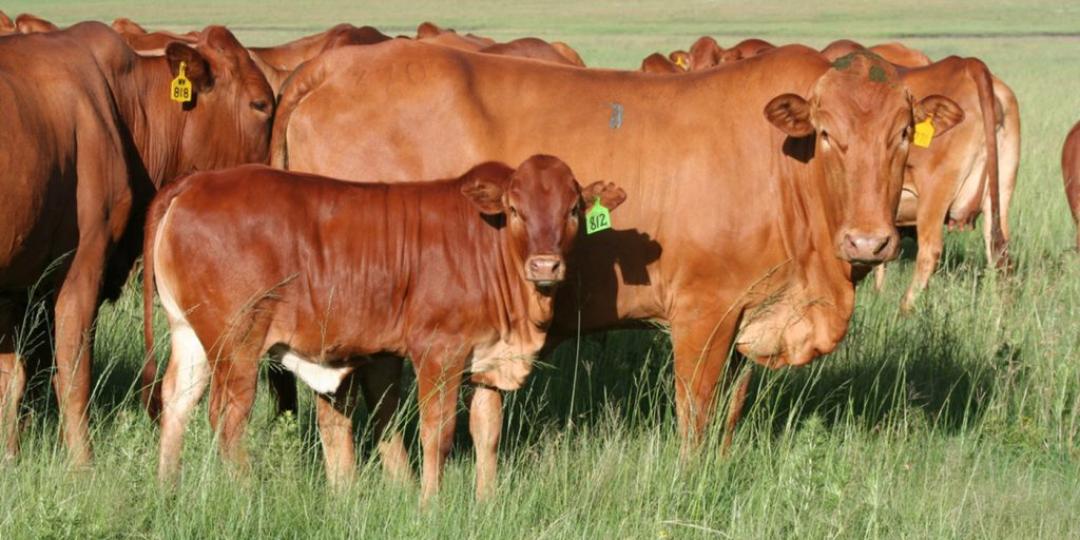Despite a ban on the movement of cattle which took effect on August 16 for a period of 21 days – with the option to extend it - in the wake of an outbreak of foot-and-mouth disease (FMD), the disease has not been contained.
A status report dated August 29 and released by the Department of Agriculture, Land Reform and Rural Development indicates an additional nine facilities are now infected with the disease.
This brings the total of new outbreaks to 127 cases - from 73 to 80 in KwaZulu-Natal, from three to six in Gauteng, and from seven to 21 in the Free State. Mpumalanga has reported one new outbreak.
“These additional outbreaks have occurred during the current lockdown period and this is an indication of how carefully action is needed and how much effort must be made to combat the further spread of the virus,” says James Faber, chairman of the Red Meat Producers Organisation (RPO).
With the outbreaks having occurred despite the ban, Faber says it can only be speculated what the total number of outbreaks would have been if the ban had not been introduced.
“The RPO is on record as saying that the biosecurity measures on farms are now of the utmost importance and that each producer must take responsibility for his/her own farming enterprise by way of self-regulation. The RPO once again appeals to producers not to bring in animals on their farms whose health status cannot be confirmed.”
But not everyone agrees with the idea of a blanket ban, with significant criticism levelled at government by the likes of ActionSA who believe it poses a severe threat to the agricultural economy.
“ActionSA finds the ruling to be impractical and detrimental to the livestock, game and fibre industries in South Africa,” says the political group’s Athol Trollip.
“As an organisation we find it highly illogical for the Department of Agriculture, Land Reform and Rural Development to accept and apply a blanket ban in order to combat the outbreak. Area-specific quarantine, movement and travel bans have been the preferred and largely successfully proven approach in times past. It allows for the quarantining of high-risk geographical areas where all the necessary protocols can be applied and implemented by all stakeholders in order to confine and contain the spread of the disease.”
Botswana, for example, has chosen to apply an area-specific ban, Trollip points out.
“The imposed blanket ban by the department will inevitably stretch state and private sector scarce resources so thinly that they are no longer effective or efficient to isolate and control the spread of FMD, as opposed to concentrating all available resources to specific areas where outbreaks occur or are endemic to contain the spread of the disease.”
Commenting at the time of the implementation of the ban, FNB Agri-Business senior agricultural economist Paul Makube expressed concern regarding the impact on SA exports.
“This is obviously not good news as it has a negative impact on exports due to FMD being a notifiable disease in terms of the World Organization for Animal Health (OIE), and importing countries may elect to place a ban on imports as in the case of the People’s Republic of China,” Makube said.













